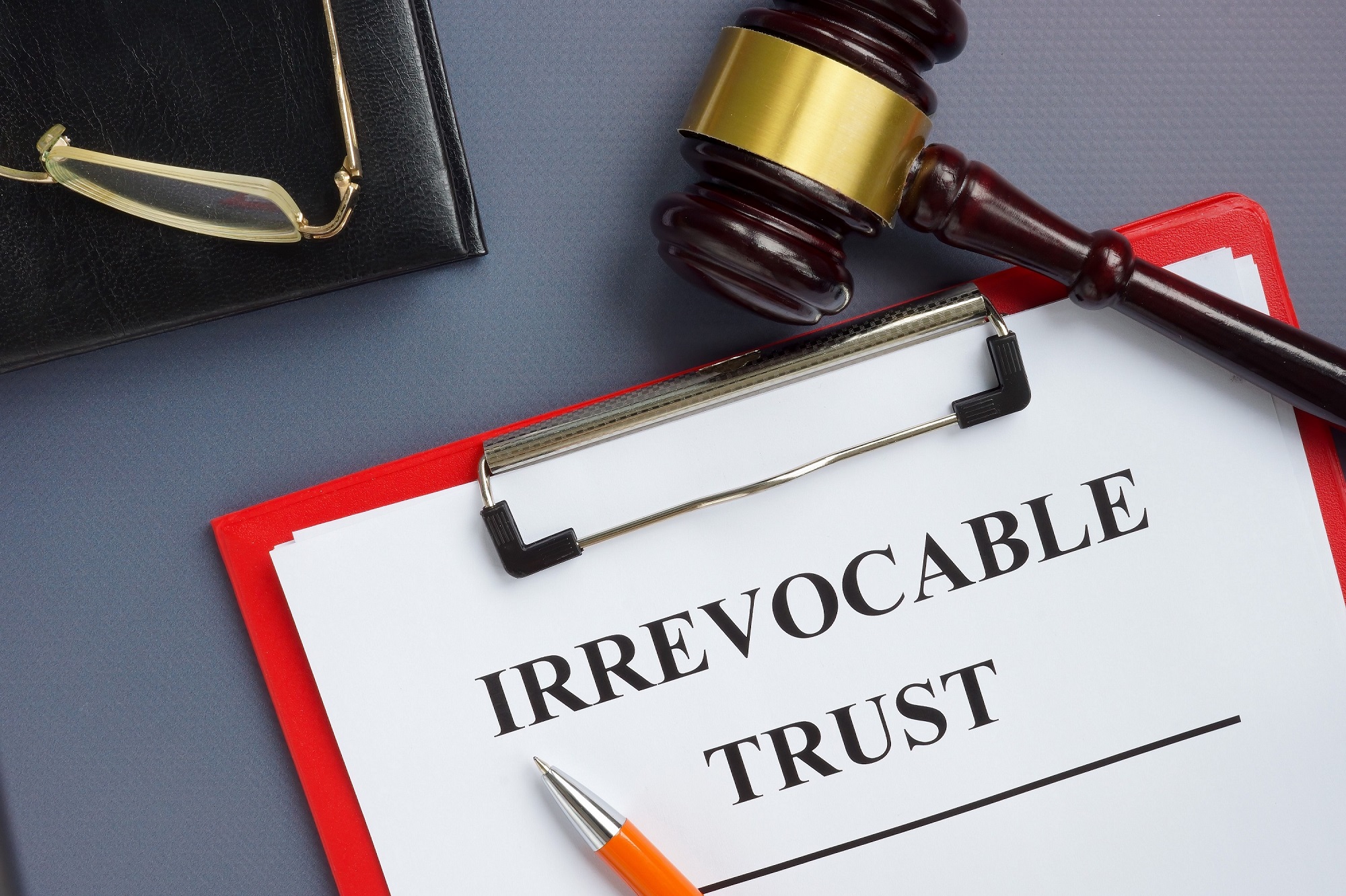The Trustee Of My Parent’s Trust Is Using The Trust Assets As A Personal Piggy Bank. What Can I Do?
A Fiduciary is a person placed in a position of trust, whether as an Executor, Agent under a Power of Attorney, Health Care Agent, or Trustee. Any Fiduciary has a sacred legal duty to carry out the responsibilities bestowed by the governing document, whether it is a Will, Power of Attorney, Health Directive, or Trust Agreement. A Trustee has the duty to carry out the provisions of the Trust Agreement and preserve the trust assets for the benefit of the named beneficiaries. All too often, however, Trustees misconstrue their considerable power as license to use trust assets for their own personal gain.
The recent case of In the Matter of the Estate of Harry J. Lerner, deceased, is a text book example of a Trustee who abused her discretion and paid the price for it. Mr. Lerner created a Revocable Trust in 1997. He served as his own Trustee until he fell and broke his hip in 2008, at which point, one of his daughters, took over as Successor Trustee. Until that fall, Mr. Lerner had lived in a co-op apartment in Brooklyn, but afterward, he lived in a nursing facility in Morristown until his death in 2012.
Mr. Lerner had two other daughters. The Trust Agreement provided that other than cash bequests of $25,000 to each of Mr. Lerner’s grandchildren, the remaining trust assets would be split equally among the three daughters upon their father’s passing. As was her right, one daughter, requested information regarding the trust assets from the Trustee, and demanded access to the co-op. The trustee refused despite repeated requests. The aggrieved daughter then brought suit to remove the Trustee and alleged that she had used the trust assets for her personal benefit.
Phyllis hired a forensic accountant who discovered that the Trustee used trust assets to pay her personal mortgage and other personal house-related expenses, credit card bills and her daughter’s college costs. She also failed to list the co-op for sale after her father’s fall, even though it was apparent that he would never return, thereby incurring unnecessary expenses to maintain the apartment for years.
After the trial, the Judge removed the Trustee and found her liable for almost $150,000 in damages, including lost revenue on improper withdrawals and lost income as a result of her failure to list the co-op for sale, plus interest at 4%. Moreover, the Judge ordered that the Trustee pay the accounting fees, counsel fees and costs incurred by Phyllis. While New Jersey generally abides by the “American Rule,” which requires each party to pay their own legal fees regardless of the result of litigation, the court included the costs as an element of damages arising from the Trustee's breach of fiduciary duty. The Appellate Division affirmed the Judge’s decision in full.
Trustees, like any other Fiduciary, have considerable power. But that power must be exercised for the benefit of the beneficiaries of the trust in accordance with the Trust Agreement, not for personal gain. If a Trustee abuses that power, beneficiaries have the right to hold the Trustee accountable. The Lerner case is a prime example, not only of egregious abuse of power by a Trustee, but also of beneficiaries asserting their rights to the fullest extent of the law.
If you have any questions about this post or any other related matter, please contact me at jjcostellojr@nmmlaw.com.




